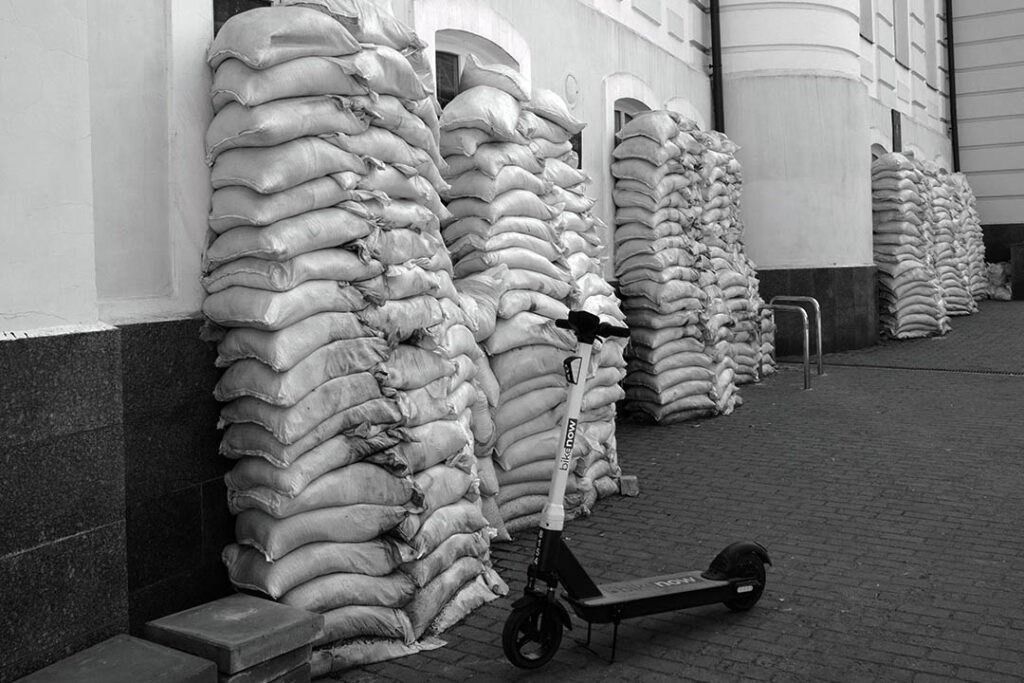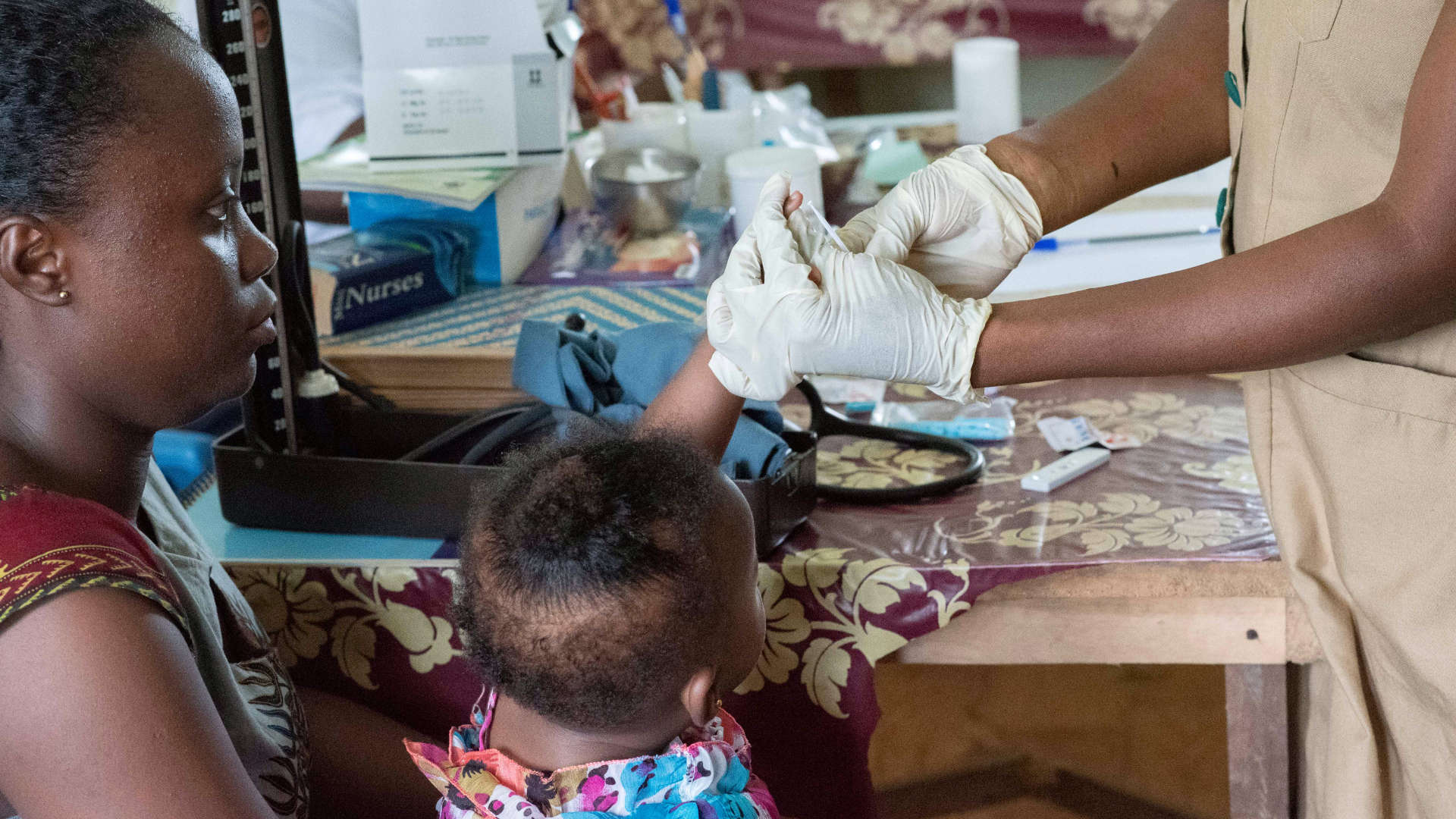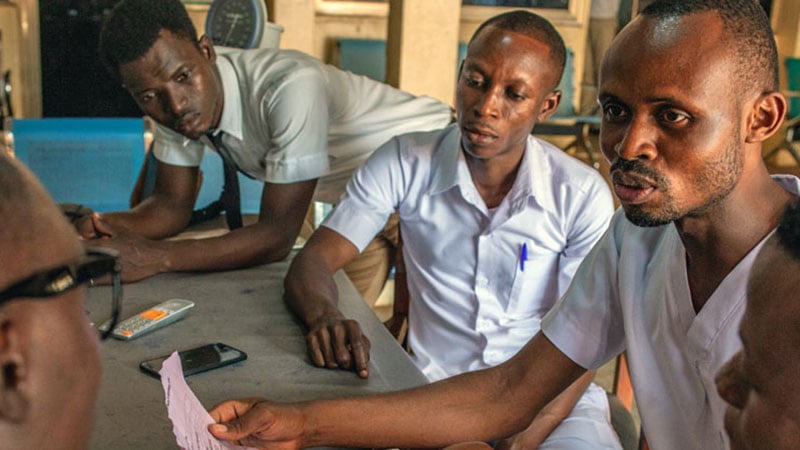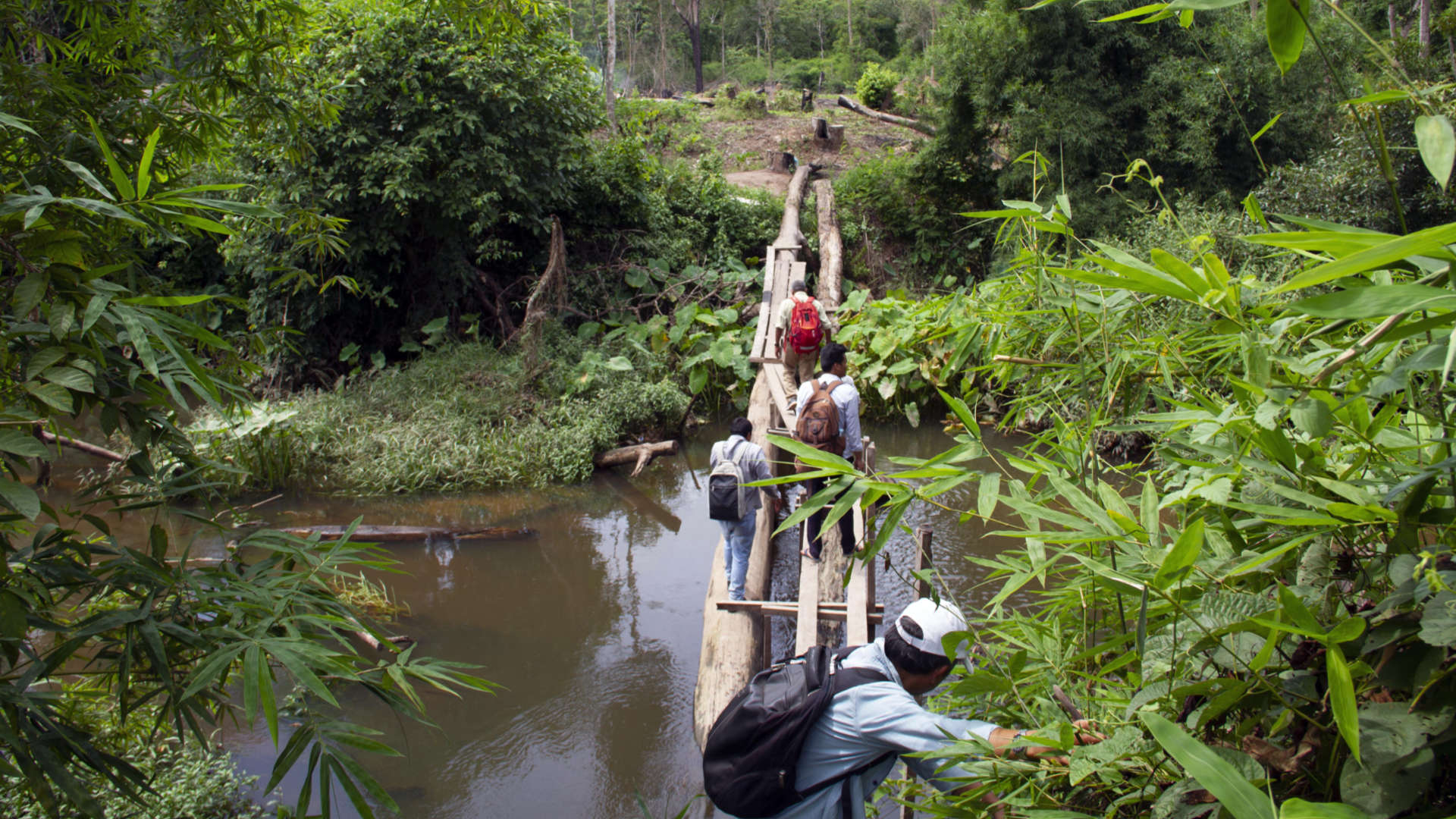
Inna Sacci
Senior Vice President, Asia-Middle East-Europe-North Africa Region
Returning to Kyiv this summer was both a personal and professional journey filled with emotions and challenges. As an American-Ukrainian, having previously lived and worked in Kyiv in the field of public health, I embarked on this visit with a mixture of anticipation and uncertainty. The seven nights I spent in Ukraine were a whirlwind of experiences, leaving an indelible mark on my heart and mind. Amidst the resilient Ukrainian people who steadfastly carried on with their daily lives, I witnessed a palpable sense of fragility and perpetual stress. It was both humbling and awe-inspiring to see how they navigated their existence, even in the face of frequent air raids at night. Reconnecting with friends and colleagues, I had the privilege of hearing their stories, learning how Russia’s full-scale war had reshaped their lives, and understanding its profound impact on public health and the Ukrainian health system. Throughout nearly 30 formal and informal meetings, I gained invaluable insights that I believe are worth sharing:
Human Resources for Health: The Russian aggression has had a devastating impact on the Ukrainian people, on multiple levels. Approximately 23.5 million individuals left Ukraine, with 14.3 million having since returned. This massive movement of people has placed a significant strain on the country’s human resources. Government agencies, already burdened and exhausted, are now facing unprecedented challenges. Development partners must find optimal ways to provide institutional support to Ukrainian government agencies working in the health sector. This support is crucial for addressing existing and emerging health system challenges, including the restoration of health facilities, supply chain disruptions, and the shortage of healthcare professionals.
Mental Health and Psychosocial Support: The mental health and psychosocial well-being of the Ukrainian population require a comprehensive and society-wide approach. Over 300 organizations have stepped up to assist the Government of Ukraine, following the initiative led by Ukraine’s first lady, Olena Zelenska. Investments and technical support from various sources and continents are pouring in. However, it is essential to ensure that these investments are evidence-based and well-coordinated to maximize their impact. A collective effort is needed to implement system-wide changes and provide effective support to those affected by the ongoing crisis.

Reconstruction of Health Facilities: The brutal attacks since the beginning of Russia’s invasion have left nearly one in ten Ukrainian health care facilities damaged or destroyed. Rebuilding health facilities using state-of-the-art needs-based planning tools and approaches is an urgent priority. International assistance and cooperation are vital to restore the healthcare infrastructure, ensuring that Ukrainians have access to quality healthcare services.
EU Integration: Ukraine’s aspiration to become a member state of the European Union is an ongoing commitment shared by both Ukraine and the EU. However, much work lies ahead in the coming years, if not decades. From a health systems perspective, the focus will be on enhancing the quality of healthcare, improving access to and effectiveness of health services, addressing global health security and cross-border health threats, and prioritizing areas such as cancer prevention and treatment, pharmaceutical management, and digital health.
As I reflect on my time in Kyiv, it is evident that Ukraine faces immense challenges, but its people remain resilient and hopeful. Ukraine will prevail. The path to recovery and transformation may be long, but with concerted efforts, collaboration, and unwavering dedication, Ukraine will overcome these adversities and emerge stronger than ever. Together, let us support Ukraine in its pursuit of a brighter and healthier future.




